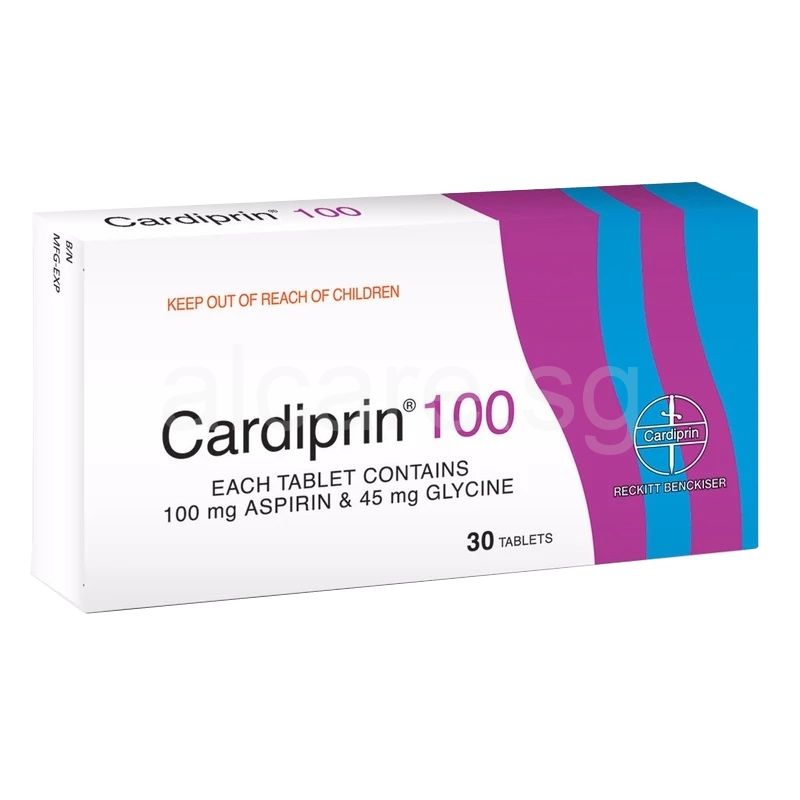The blood thinner heparin worsens blood clotting in those who kena stroke from vaccination.
https://www.washingtonpost.com/health/2021/04/19/johnson-and-johnson-vaccine-blood-clots/
When something bad happens to a person after receiving a vaccine, the first question most scientists consider is whether it is related to the shot or simply a coincidence.
In the case of the brain blood clots identified in people in Europe who recently received the AstraZeneca vaccine, early inquiries focused on whether it was happening more frequently than the typical rate of such clots in the general population.
The brain blood clots, called cerebral venous sinus thrombosis, are rare — with about two to 14 cases expected in a population of 1 million people each year. The clots in recently vaccinated people were clearly
more common than would be normal, occurring in a matter of weeks after healthy, young people received shots.
So far, 222 clots in the brain or abdomen have been identified out of 34 million people vaccinated in
Europe — in far less than a year. But what stood out to physicians was that the ensemble of symptoms surrounding these clots was so atypical there wasn’t even an easy way to look up the rate of how often they would normally occur.
“People get blood clots. Those things happen,” said Steven Coutre, a hematologist at Stanford University Medical Center. “It’s one thing to have a blood clot; it’s another to have disseminated blood clots in an otherwise healthy woman who dies from it. That gets your attention.”
On a Friday in early March, Sabine Eichinger, a physician in Austria involved in the care of the first patient, a 49-year-old health-care worker, told Andreas Greinacher, an expert in Germany on HIT, about the unusual case. She agreed to send him a sample, and by the following Tuesday, Greinacher was talking with Warkentin about the parallels between the cases and the rare immune reaction to heparin, about which they had co-authored a medical textbook.
By the next day, Greinacher and colleagues had determined that a diagnostic test for the same antibodies implicated in HIT could be useful. Their paper was published in the New England Journal of Medicine alongside a report from Norwegian specialists, and proposed a new name for the syndrome:
vaccine-induced immune thrombotic thrombocytopenia, or VITT. They suggested a possible treatment course, including intravenous immunoglobulin and other anticoagulants.
In the heparin-triggered condition, the culprit was the combination of heparin and platelet factor 4. In the vaccine cases, it appeared that something in the vaccine — what, exactly, is still under intense investigation — bound to platelet factor 4 and triggered a similar response.
“Just as an occasional patient zings off one of these huge responses after being given heparin and gets in trouble, the occasional person given these vaccines loses the regulatory control that keeps this immune response and zings off one of these high-titer antibody responses,” said Richard Aster, a senior investigator emeritus at Versiti, a nonprofit focused on blood health and research.
In five of the six U.S. patients who developed clots after receiving the Johnson & Johnson vaccine, physicians performed tests and found those same HIT antibodies. A 25-year-old man who received the vaccine in the clinical trial of the vaccine and suffered a brain clot also had HIT antibodies.
https://www.washingtonpost.com/health/2021/04/19/johnson-and-johnson-vaccine-blood-clots/
